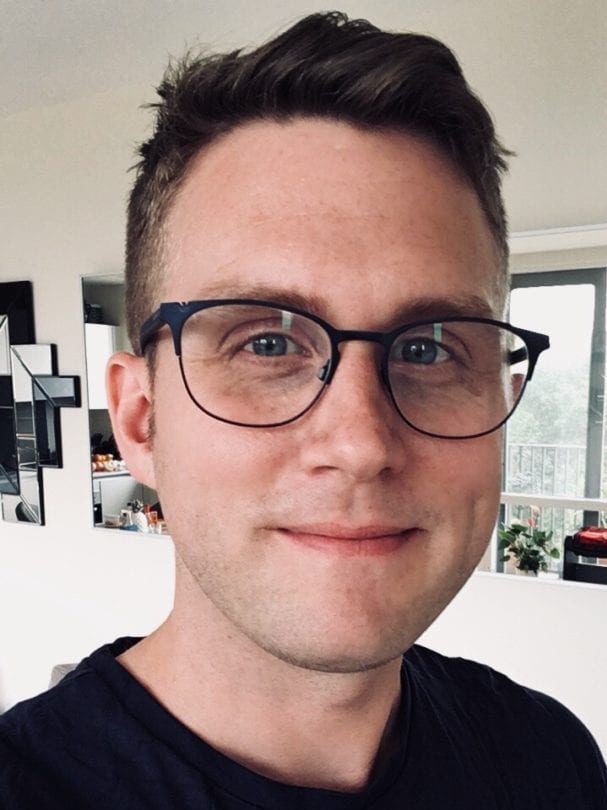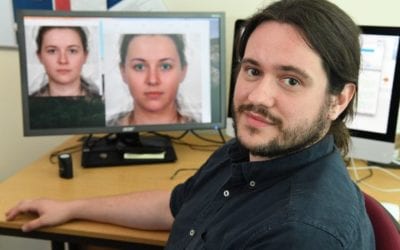What do you work on?
I work on speech, language, concepts, auditory processing and autism.
Who or what originally inspired you to work in your field of research?
In undergrad, I studied piano performance and linguistics, which is how my interest in sound and language developed. After reading George Lakoff and Mark Johnson’s book “Metaphors We Live By”, I became interested in relationships between language and cognition. Later, I got into neuroscience (and the neural basis for language, speech, and sound processing in typical and special populations) after taking an RA job at the Max Planck Institute for Psycholinguistics.
Why did you choose Gorilla?
I moved to Gorilla for behavioral testing because of how simple it is to pilot tasks and stimuli online. It also makes collaboration very easy – people in distant locations can all work on the same experiment. Also, the support I’ve received from Gorilla staff has been excellent.
“The ability to test remotely is critical. Some of our participants in special populations live very far away”
What did you do using Gorilla and what did you find?
I’ve got several Gorilla experiments in the pipeline but I will tell you the one that is furthest along. When you’re speaking, sometimes you want to emphasize a particular word, e.g.“LOOK at me!” vs. “Look at ME!”.
Listeners can tell which word you’ve emphasized by listening for changes in auditory dimensions such as duration (an emphasized word is usually longer) and pitch (an emphasized word is usually associated with a large change in pitch, from low to high or high to low).
With my co-authors, Fred Dick, Lori Holt, and Adam Tierney, I ran an auditory categorization experiment that measured the extent to which people rely on these two dimension – pitch and duration – when perceiving speech. People are known to differ in their ability to hear pitch changes, so we hypothesized that people who couldn’t hear pitch changes all that well would “down-weight” (rely less upon) pitch cues and “up-weight” (rely more upon) duration cues – compared to people who could hear both pitch and duration normally.
We ran the study in two groups of participants, one of which we knew had difficulty perceiving pitch (but not duration), and another with normal perception of both dimensions. We found what we had predicted, that people with unreliable pitch perception place less weight on pitch when perceiving speech, and more weight on a dimension they perceive reliably – in this case, duration.
So, our results indicate that even if someone has difficulty perceiving a particular auditory dimension in speech, they can “recalibrate” their speech perception system to compensate.
The pre-print for this study can be accessed here.
For you, what is the stand-out feature in Gorilla?
The ability to test remotely is critical. Some of our participants in special populations live very far away and it is difficult for them to travel in to the lab. Online testing allows them to contribute to the research from their home or office.
How do you think online research is going to change your field?
I’m hoping online research will make it easier to test special populations, and generally increase the sample size of auditory experiments.
“make sure your task is engaging”
What advice would you give to someone starting out in behavioural science/research?
Before you run any experiment “for real”, make sure your task is engaging and its instructions are easy to understand. Piloting your task with colleagues as well people outside behavioural sciences (e.g. your friends, partner, family members) is one way to do this.
What is the biggest advantage of online research methods?
Being able to collect data from many participants in a short amount of time.
When you’re not working what do you enjoy doing?
Traveling, playing the piano, classical concerts and operas, trying new restaurants, karaoke.




